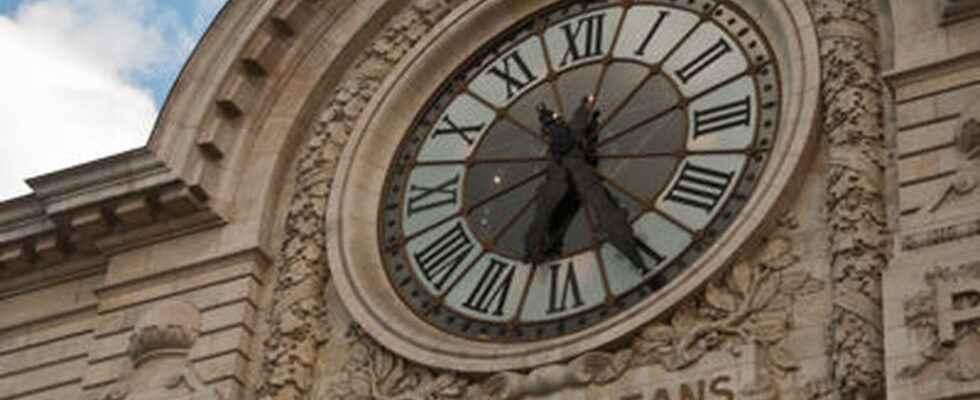What is the time change really for? While in the night from Saturday to Sunday, the French gain an hour of sleep, but upset their biological rhythm, the question of “why” has arisen more than ever.
The time change took place this weekend throughout France. And it saves all French people an hour of sleep since in the night from Saturday to Sunday, at 3 o’clock it will be 2 o’clock. The goal : reduce energy consumption. Since oil shock of 1973, the government seeks to take advantage of an extra hour of sunshine in the evening in summer to reduce the use of artificial light, but also to reduce heating. Since 1998, it is a directive of the European Union which harmonizes the change of time. According to the latest figures available, which date back to 2009, the time change has saved 440 GWh in lighting, or the consumption of a city of 800,000 families. At the same time, the Ministry of the Environment spoke of 44,000 tonnes of CO2 emitted less.
But with technological progress, in particular the development of low-consumption lamps, how can we accurately distinguish the savings linked to the time change from those that would be due to more efficient equipment? According to opponents of the time change, shifting watches and clocks would have a minimal impact on all these economies. Worse, the energy gained in the evening would be lost in the morning and vice versa in winter: by going to bed later in relation to the sun, the time change causes millions of French people and even Europeans to light up and heat up later. .
The impact of the time change on the roads is also debated. The pro-changes evoke better visibility on the road network at the end of the day, reducing the risk of accidents. The anti-change retort that it is in the morning that motorists lack light, making the “home-to-work” journey more accident-prone. Worse, the fatigue induced by the time change would also lead to accidents. Road Safety communicated last year on the increased risks for pedestrians after the winter time change. as the luminosity decreases, in particular in the evening, an “excess mortality” can thus be observed between November and January.
Time change: a lost cause?
More generally, the time change is accused of several evils on health and behavior. Difficulty adapting and chrono-biological disorders would concretely lead to fatigue, sleep disorders, appetite disorders, irritation or even depression in certain populations, in particular in the most fragile, the elderly, infants and children. Several studies, including one cited in a Senate briefing report in 1997, have reported on the harmful consequences of the time change and the “chrono-rupture” it implies. If Alain Juppé, Prime Minister until 1997, has already questioned the effectiveness of the time change and if François Hollande has promised to reopen the debate in 2012, if the European Union itself has launched a whole process to end the time change in 2018, it has so far not been shaken in practice.
The time change is indeed harmonized at European level. It is in fact directives from 1998 and then from 2000 which determine the dates and times of the time change to facilitate trade on the common market. The latest is Directive 2000/84/EC of the European Parliament. States obviously remain sovereign in determining the time within their borders. And going back would also be particularly difficult. Any modification would inevitably lead to negotiations with our partners. France is also in a special situation in the EU, since it is out of step with universal time by one hour, which means that it is at GMT+1 in winter and GMT+2 in summer. An additional difficulty in setting the record straight?
